- Home
- Billionaires
- Investing Newsletters
- 193CC 1000
- Article Layout 2
- Article Layout 3
- Article Layout 4
- Article Layout 5
- Article Layout 6
- Article Layout 7
- Article Layout 8
- Article Layout 9
- Article Layout 10
- Article Layout 11
- Article Layout 12
- Article Layout 13
- Article Layout 14
- Article Sidebar
- Post Format
- pages
- Archive Layouts
- Post Gallery
- Post Video Background
- Post Review
- Sponsored Post
- Leadership
- Business
- Money
- Small Business
- Innovation
- Shop
Recent Posts
West African Coups Threaten France’s Energy Security
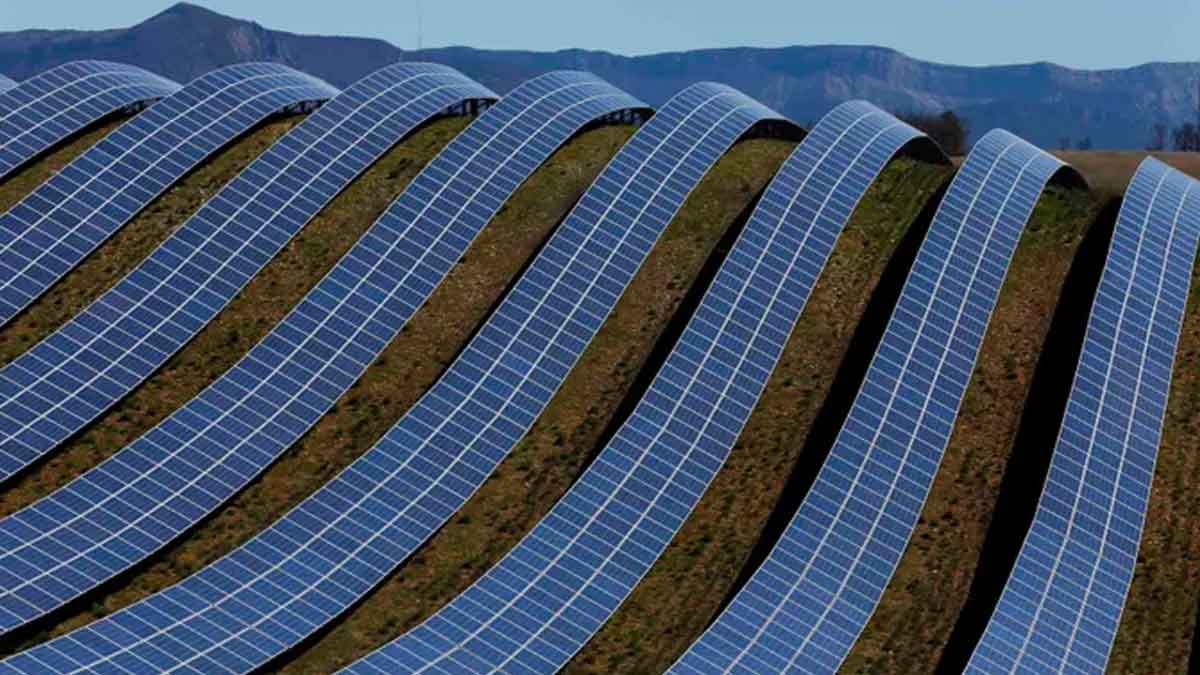
In West Africa, recent military coups have sparked concerns in France over energy security. These coups, including the most recent in Niger, have seen pro-Russian juntas take power and adopt anti-Western stances, threatening to destabilize European economies and energy supplies. This trend has also raised questions about the global commitment to clean energy and climate change.
The Economic Community of West African States (ECOWAS), formed in 1975, has been a key player in responding to these coups. Following the 2023 coup in Niger, ECOWAS demanded the restoration of democratic rule, but the junta refused. ECOWAS threatened to invade Niger if democracy was not restored by August 6, but no invasion took place.
The junta in Niger, joined by juntas in Mali and Burkina Faso, recently announced their withdrawal from ECOWAS, citing the organization as a “threat to its members.” They also declared the adoption of their own currencies, abandoning the CFACFA currency, which is based on the former French franc. ECOWAS responded by lifting economic sanctions against Niger in an attempt to prevent its alliance with Mali and Burkina Faso.
These countries are rich in untapped mineral resources, historically exploited by colonial powers. France, in particular, relies on Niger as the seventh-largest producer of uranium in the world. France’s commitment to nuclear energy, which accounts for 68% of its energy production, requires a stable uranium supply. However, Niger has accused France of past exploitation and demands cash payments for “65 years of looting.”
This situation highlights France’s energy vulnerability and its reliance on resources from former colonies. As France grapples with securing its energy future amidst criticism of its colonial past, it faces challenges similar to those of other Western nations. The ongoing Ukraine war and Europe’s uncertain energy supply further complicate France’s efforts to lead in clean energy globally.
Recent Posts
Categories
- 193 Countries Consortium Partner1
- 193cc Digital Assets2
- 5G1
- Aerospace & Defense48
- AI37
- Arts3
- Banking & Insurance11
- Big Data3
- Billionaires1,261
- Boats & Planes1
- Business332
- Careers13
- Cars & Bikes79
- CEO Network1
- CFO Network17
- CHRO Network1
- CIO Network1
- Cloud10
- CMO Network18
- Commercial Real Estate7
- Consultant1
- Consumer Tech194
- CxO1
- Cybersecurity73
- Dining1
- Diversity, Equity & Inclusion4
- Education7
- Energy8
- Enterprise Tech29
- Events11
- Fintech1
- Food & Drink2
- Franchises1
- Freelance1
- Future Of Work2
- Games149
- GIG1
- Healthcare79
- Hollywood & Entertainment203
- Houses1
- India’s 1000 Richest1
- Innovation46
- Investing2
- Investing Newsletters4
- Leadership65
- Lifestyle11
- Manufacturing1
- Markets20
- Media327
- Mobile phone1
- Money13
- Personal Finance2
- Policy569
- Real Estate1
- Research6
- Retail1
- Retirement1
- Small Business1
- SportsMoney42
- Style & Beauty1
- Success Income1
- Taxes2
- Travel10
- Uncategorized13
- Vices1
- Watches & Jewelry2
- world's billionaires1,230
- Worlds Richest Self-Made Women2
Related Articles
US Treasury’s 45V Regulation Sparks Hydrogen Industry Concerns
The US Treasury Department is set to issue new regulations concerning hydrogen...
By 193cc Agency CouncilFebruary 26, 2024Chicago joins cities suing oil firms over climate risks
Chicago has joined a growing list of cities taking legal action against...
By 193cc Agency CouncilFebruary 24, 2024Amazon Rainforest Faces Deforestation and Climate Crisis
The Amazon rainforest, often viewed as a lush paradise teeming with indigenous...
By 193cc Agency CouncilFebruary 22, 2024Biden’s LNG Pause: Impact and Debate
U.S. LNG exports have played a significant role in global markets, especially...
By 193cc Agency CouncilFebruary 17, 2024











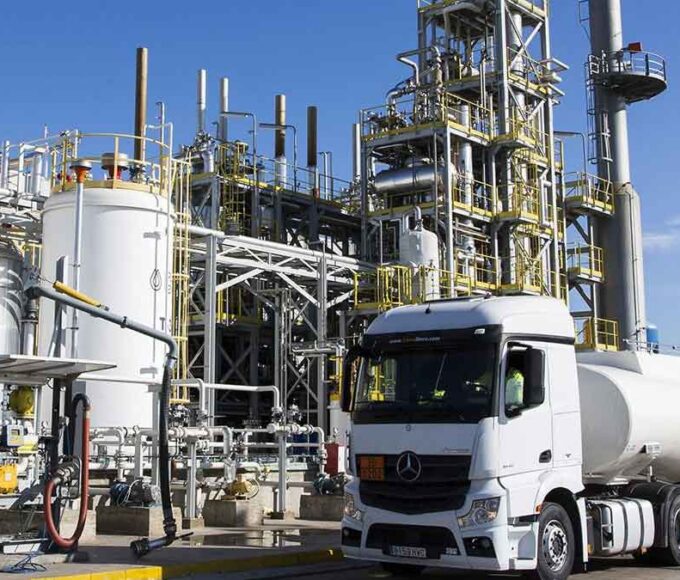
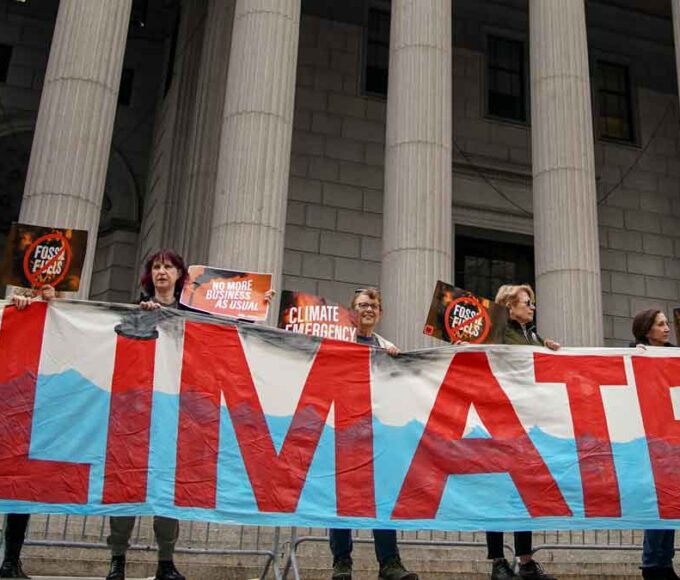
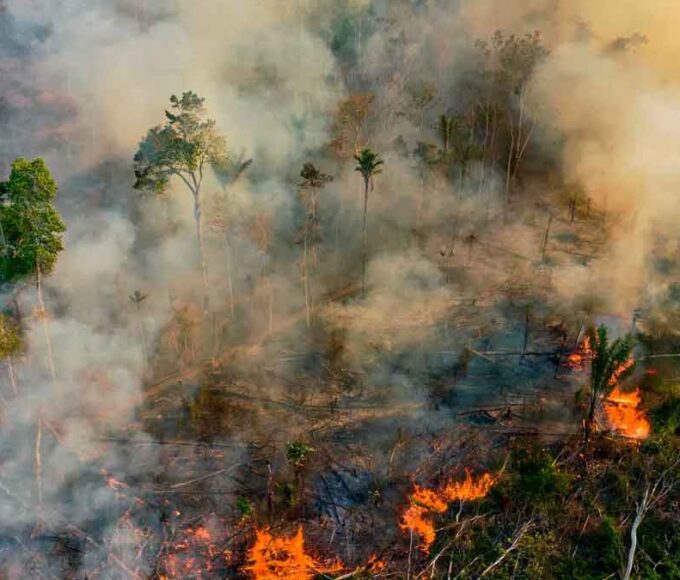
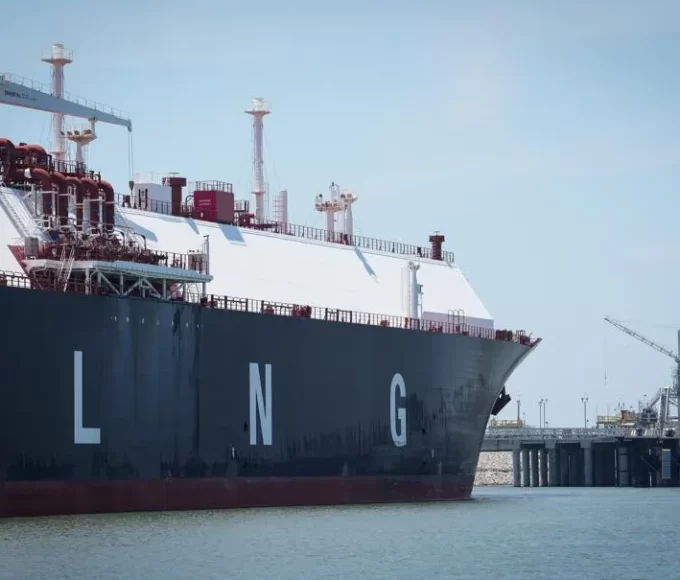
Leave a comment